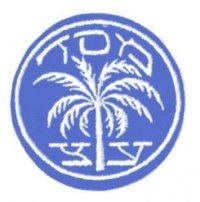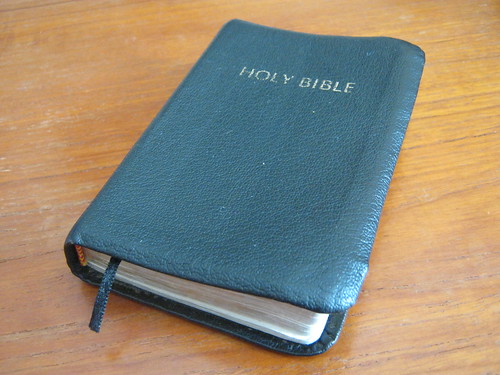Summer camp has inspired a spate of feature films, a series of exhibitions and any number of spoofs. Most recently, it gave rise to a “convening” at the Jack, Joseph and Morton Mandel Center for Studies in Jewish Education at Brandeis University. Twenty specialists in anthropology, education, history, linguistics, religious studies, and sociology, pooling their resources, came together to explore the role of Hebrew at Jewish summer camp. I was among them.

In this day and age where experiential education rules the roost, you might think we spent much of our time outdoors, in keeping with our subject matter. We didn’t. Apart from an “ice-breaker” exercise, which took place outside, on a small sliver of grass, we held forth while sitting around a table.
And held forth we did, straining to keep our nostalgia for camp from overwhelming our critical insights. Many of us, it turned out, had a direct and personal connection to the issue at hand, having attended a summer camp where Hebrew, in one form or another, was the language of song or prayer, signage, theatrics, or daily life.
The tension between the personal and the professional added a lot to the proceedings, infusing our conversation about the “linguistic landscape,” IRBs and “translatability” with a spiritedness and a lightness that is often absent at academic gatherings.
I don’t mean to suggest that all was fun and games. We took our charge to explore the role of Hebrew at summer camp with high seriousness, so much so that at times the dueling perspectives of history and sociology came awfully close to resembling color war.
But not for long. Much like summer camp, things ended well, each of us vowing to keep in touch until we met again. L’hitraot!


